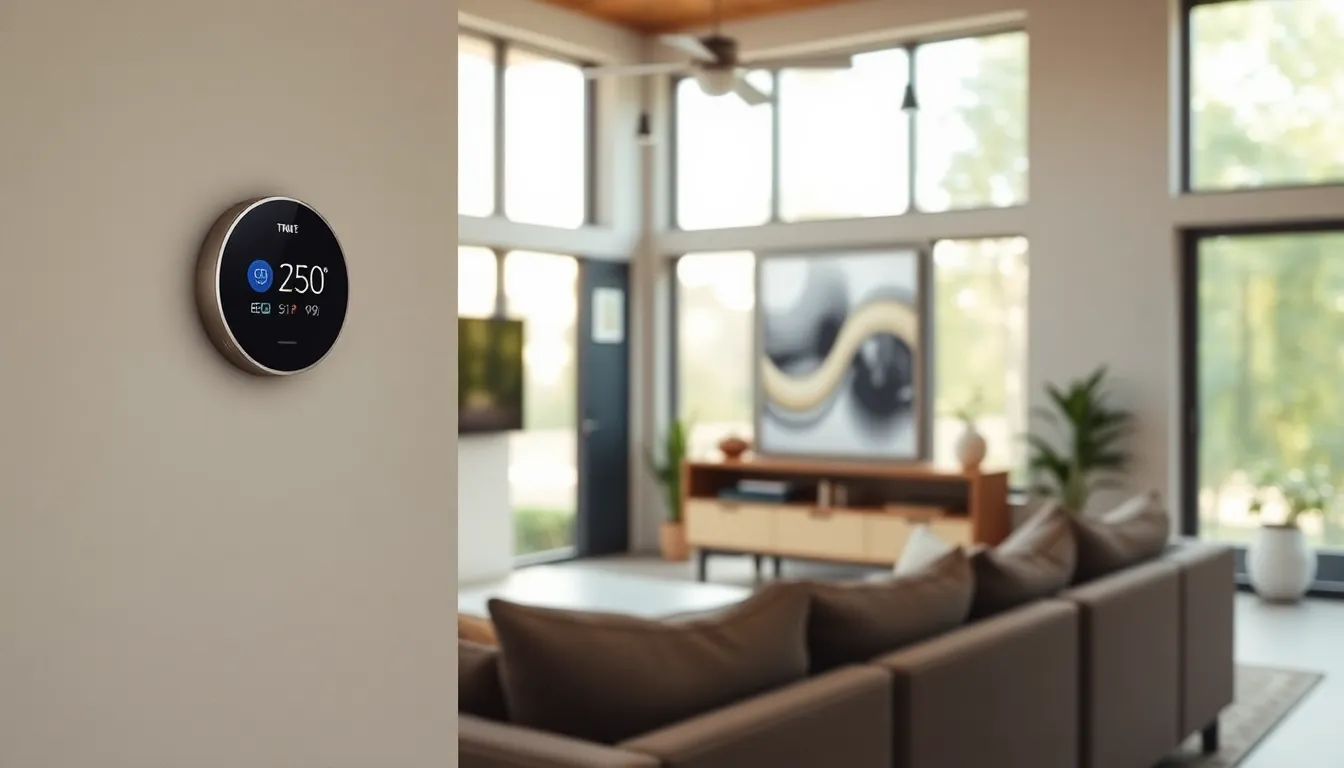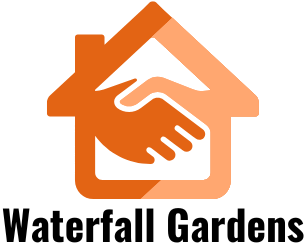Smart home technology is rapidly transforming the way people live, making homes more efficient, secure, and convenient. With advancements in artificial intelligence and the Internet of Things, homeowners now have access to a range of devices that can be controlled remotely, enhancing everyday life. From smart thermostats to intelligent security systems, the possibilities are endless.
As new innovations emerge, staying updated on the latest trends and products is essential for anyone looking to embrace this tech-savvy lifestyle. This article delves into the most recent developments in smart home tech, highlighting groundbreaking gadgets and industry insights that can help readers make informed decisions. Whether you’re a seasoned tech enthusiast or just starting your journey into the world of smart homes, there’s something here for everyone.
Table of Contents
ToggleLatest Innovations in Smart Home Tech
Recent advancements in smart home technology focus on enhancing user experience, connectivity, and integration. Innovative devices streamline home management, providing improved convenience and control.
Smart Speakers and Voice Assistants
Smart speakers and voice assistants remain at the forefront of smart home innovation. Devices like Amazon Echo and Google Nest Hub offer voice-activated features, allowing users to control lighting, music, and smart appliances with simple commands. Enhanced natural language processing improves interaction quality, making these devices intuitive and user-friendly. Companies are consistently updating their software to expand voice recognition capabilities and integrate with a wider range of third-party devices. According to a recent report, 75% of smart speaker owners utilize voice assistants daily, illustrating their increased adoption and utility in modern households.
Home Automation Hubs
Home automation hubs serve as central control systems for various smart devices. Products such as Samsung SmartThings and Apple HomePod allow seamless connection among devices from different manufacturers. These hubs enable users to create customized routines and automation scenarios, enhancing energy efficiency and security. Recent updates to these platforms feature enhanced compatibility with more devices and improved user interfaces. Furthermore, the integration of machine learning capabilities predicts user preferences and automates common tasks, significantly enhancing the ease of home management. Research indicates that the market for home automation systems is expected to grow by over 20% annually, reflecting rising consumer demand for interconnected smart home solutions.
Notable Product Releases

Recent product launches in smart home technology highlight significant enhancements in usability and efficiency. These innovations address both comfort and security, leading to a more intelligent living environment.
Smart Thermostats
New smart thermostats offer advanced climate control features, improving energy savings and user convenience. The Ecobee SmartThermostat with Voice Control integrates Alexa, allowing users to manage heating and cooling through voice commands. The Google Nest Learning Thermostat adapts to user schedules, optimizing temperature settings based on preferences. Both devices provide detailed energy reports, enabling homeowners to track usage patterns and reduce utility costs. Additionally, compatibility with various smart home platforms enhances automation, ensuring seamless integration with other devices.
Security Systems
The latest security systems focus on comprehensive protection and easy management. The Ring Video Doorbell Pro 2 introduces high-definition video and advanced motion detection, supplying detailed monitoring and alerts. Users can easily interact with visitors through two-way audio features. The Arlo Ultra 2 Security Camera System enhances outdoor protection with 4K video quality and integrated color night vision, ensuring comprehensive coverage during day and night. These systems often incorporate smart integration capabilities, allowing users to control cameras and alarms via mobile apps or voice commands.
Trends Shaping the Smart Home Market
The smart home market evolves constantly, driven by innovations that prioritize integration and sustainability. Key trends currently shaping this landscape include IoT integration and advancements in energy efficiency.
IoT Integration
IoT integration remains a pivotal trend in smart home technology. Devices communicate seamlessly, creating a cohesive ecosystem. Smart appliances, security systems, and climate control units operate together, enhancing user experience and simplifying management. For instance, smart fridges can send alerts about food inventory, while connected security cameras offer real-time monitoring via smartphones. Industry leaders, including Amazon, Google, and Apple, push for compatibility among various devices, fostering a thriving range of interconnected products.
Energy Efficiency
Energy efficiency drives consumer interest in smart home products. Smart technology enables users to monitor and reduce energy consumption effectively. Smart thermostats, like the Ecobee SmartThermostat and Google Nest Learning Thermostat, adjust heating and cooling based on user habits, optimizing energy use. Smart lighting solutions, such as Philips Hue bulbs, allow users to set schedules and control lights remotely, further contributing to lower energy bills. With eco-friendly features becoming standard, consumers embrace smart home technologies that support sustainability while enhancing convenience.
| Trend | Impact on Smart Homes |
|---|---|
| IoT Integration | Seamless communication between devices |
| Energy Efficiency | Reduction in energy consumption and cost savings |
Consumer Perspectives
Consumer feedback plays a crucial role in shaping smart home technology. Understanding user experiences and addressing privacy concerns is key to market growth.
User Experience and Feedback
User experiences significantly impact the adoption of smart home technology. Positive interactions with devices, such as smart speakers and security systems, drive satisfaction and brand loyalty. Consumers appreciate features like easy setup, intuitive interfaces, and seamless integration across devices. For instance, users of the Google Nest Hub often cite the convenience of voice commands for managing multiple functions simultaneously.
Gathering feedback through surveys and reviews provides valuable insights into consumer preferences. High ratings for automation capabilities, energy-saving features, and compatibility with other products indicate strong demand for user-friendly solutions. Conversely, negative reviews usually highlight frustrations related to connectivity issues and complex installations, emphasizing the need for continuous improvement.
Privacy Concerns
Privacy concerns present significant challenges for smart home technology adoption. Many consumers express apprehension regarding data security and unauthorized access to personal information. High-profile data breaches in the tech industry have heightened awareness and skepticism about device vulnerabilities.
Consumers often seek transparent privacy policies from manufacturers. Devices that offer end-to-end encryption and options for data usage control tend to garner more trust and adoption. Features like local storage for surveillance footage and the ability to disable microphones enhance user confidence. Companies prioritizing consumer privacy and providing clear communication about data protection measures will likely gain a competitive advantage in the evolving smart home market.
The landscape of smart home technology is evolving rapidly and offers exciting opportunities for homeowners. As innovations continue to emerge the integration of AI and IoT is reshaping daily living. Enhanced user experiences through intuitive devices and seamless connectivity are becoming the norm.
With a strong emphasis on energy efficiency and sustainability consumers are increasingly drawn to smart technologies that not only simplify life but also contribute to a greener future. As privacy and security concerns remain paramount companies that prioritize user trust will likely thrive in this competitive market.
Staying informed about the latest trends and products is essential for anyone looking to embrace the smart home revolution. The future of home living is bright and full of potential.



